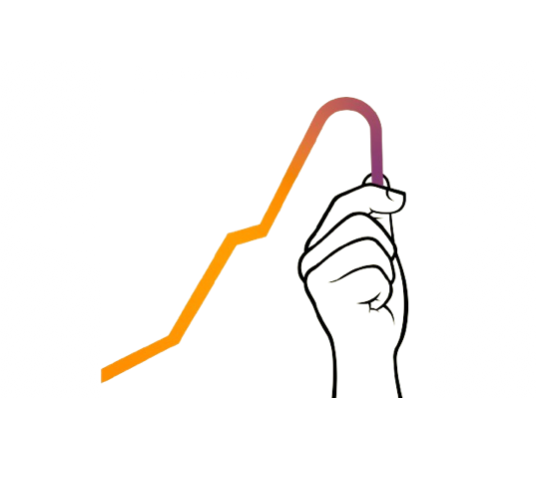We know about the dangers of a poor diets lack of exercise cigarettes and alcohol but what about air pollution. Earth is now planet of mostly city dwellers more than half of us live in urban areas according to the UN but only 12% of cities meet world health standard of air quality. Air pollution both inside and outside homes is a silent and invisible killer responsible for around 7 million premature deaths according to the World Health Organization. Air pollution leads to higher rates of cancer, heart disease stork and respiratory diseases and kill lakhs of people. People cannot avoid inhaling whatever contaminants are present in the air inside their homes or in their communities,” the expert was quoted as saying in a UN statement.
Air pollutants are everywhere, largely caused by burning fossil fuels for electricity, transportation, and heating, as well as from industrial activities, poor waste management and agricultural practices. The two most dangerous forms of air pollution are particulates and ozone. Fine particulate matter (PM) can enter the lungs and help to spread harmful substances through the body. Nitrogen oxides (NOx) react with sunlight to produce ozone and contribute to the formation of particulates. These air pollutants may have various health impacts including asthma, lung cancer, respiratory problems and heart disease. Older people are especially vulnerable, so population ageing increases the number of people at risk.
Emerging studies show that air pollution is linked to impaired judgement, causing mental health problems and poorer performance in school. For proving this i would like to state one evidence, In 2011 Sefi Roth, a researcher at the London School of Economics was studying the many effects of air pollution. He was already aware of the negative outcome on health also increased hospital admission. But maybe he thought there could be other adverse impacts on our lives. He conducted a study looking at whether air pollution had an effect on cognitive performance. Roth and his team looked at students taking exams on different days and also measured how much pollution was in air on those given days. All other variables remained the same: The exams were taken by students of similar levels of education, in the same place, but over multiple days.
He found that the variation in average results were staggeringly different. The most polluted days correlated with the worst test scores. on days where the air quality was cleanest, students performed better.
To determine the long-term effect Roth followed up to see what impacts this had eight to 10 years later. Those who performed worst on the most polluted days were more likely to end up in a lower ranked university and were earning less, because the exam in question was so important for future education. “so even if it’s a short-term effect of air pollution. if it occurs in a critical phase of life it really can have a long-term effect” .
Talking more about effects of air pollution, Short-term exposure to dirty air is linked to conditions such as heart failure, pneumonia and heart attacks, as well as illnesses like Parkinson’s disease, septicemia, and urinary tract infections. one study, published in Environmental Health perspectives, also links toxic air to depression, anxiety, bipolar disorder, psychosis and increased risk of suicide. Isobel Braithwaite, who led the research, observes that toxic air ‘can reach the brain via both the bloodstream and the nose. Air pollution has been implicated in increased brain inflammation, damage to nerve cells and changes in stress hormone production, which have been linked to poor mental health’.
The impact of air pollution has far-reaching consequences and we need to have innovative solutions to curb the problem, it is essential that measures to reduce air pollution are implemented at a policy level if the planet is to have any chance of recovering. As Dr Ghebreyesus says: “No one, rich or poor, can escape air pollution.”
Government and people should come up with effective and innovative ideas and solutions to curb the problem. To combat air pollution rates, governments should gradually implement green technologies in public areas and infrastructure. we should start Moving from coal and gas power stations and diesel generators to solar, wind and hydropower, Prioritise walking, cycling and public transport over cars in urban areas and shift to electric cars, Improve the energy efficiency of homes to reduce heating needs and avoid coal and wood burning inside, Promoting waste reduction and use incineration only when unavoidable and when emissions controls are in place, Reduce the burning of stubble in fields upwind of cities and Create green spaces in cities to help remove some pollutants.
Some of the best ways to avoid air pollution are avoid spending more time in places where pollution builds up, such as busy roads, Go to work earlier, before the rush hour has begun and levels of pollution have built up, When air pollution is high and if you have lung condition such as asthma, reduce or avoid strenuous outdoor exercise, or do your exercise inside, There is very little evidence to recommend the use of face masks.
“We still have too much air and water pollution and we still need to work to reduce it. But we also need to put the problem of pollution into a historical as well as scientific perspective”.

